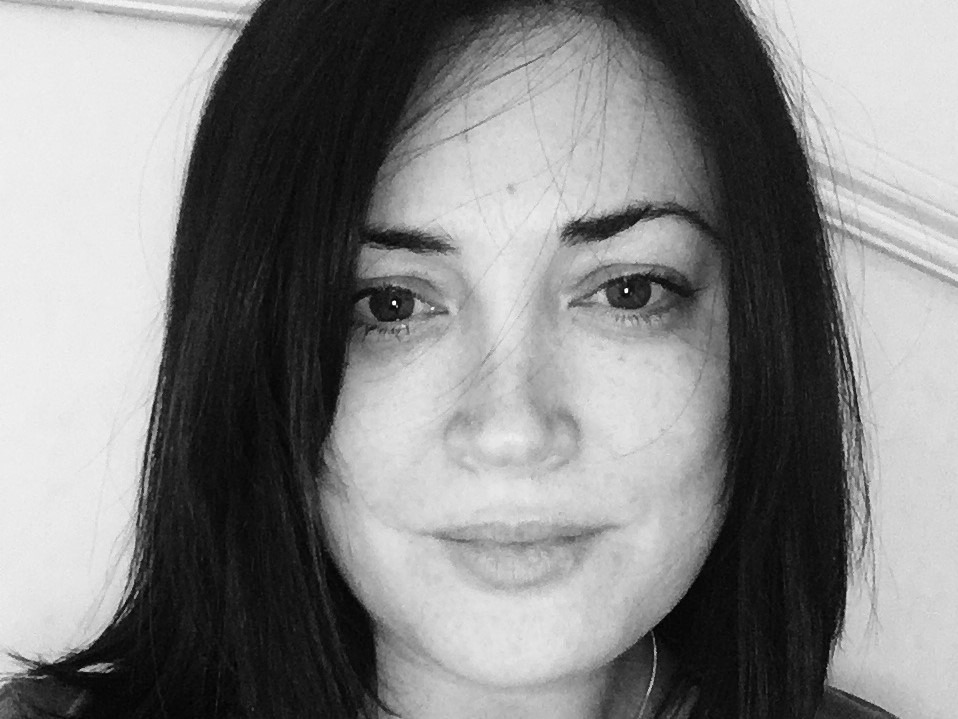Periods rarely make front page news. They’re painful, messy and come a little too regularly to be all that noteworthy. But last month, Homeless Period Ireland partnered with Lidl Ireland to help them become the first major retailer in the world to offer free period products in stores nationwide, garnering headlines in the New York Times and newspapers all over the world. It was a groundbreaking initiative that sees the German retailer offer a dedicated coupon for a free box of sanitary pads or tampons per customer each month through their Lidl Plus app. Claire Hunt is the woman behind…
Cancel at any time. Are you already a member? Log in here.
Want to read the full story?
Unlock this article – and everything else on The Currency – with an annual membership and receive a free Samsonite Upscape suitcase, retailing at €235, delivered to your door.

